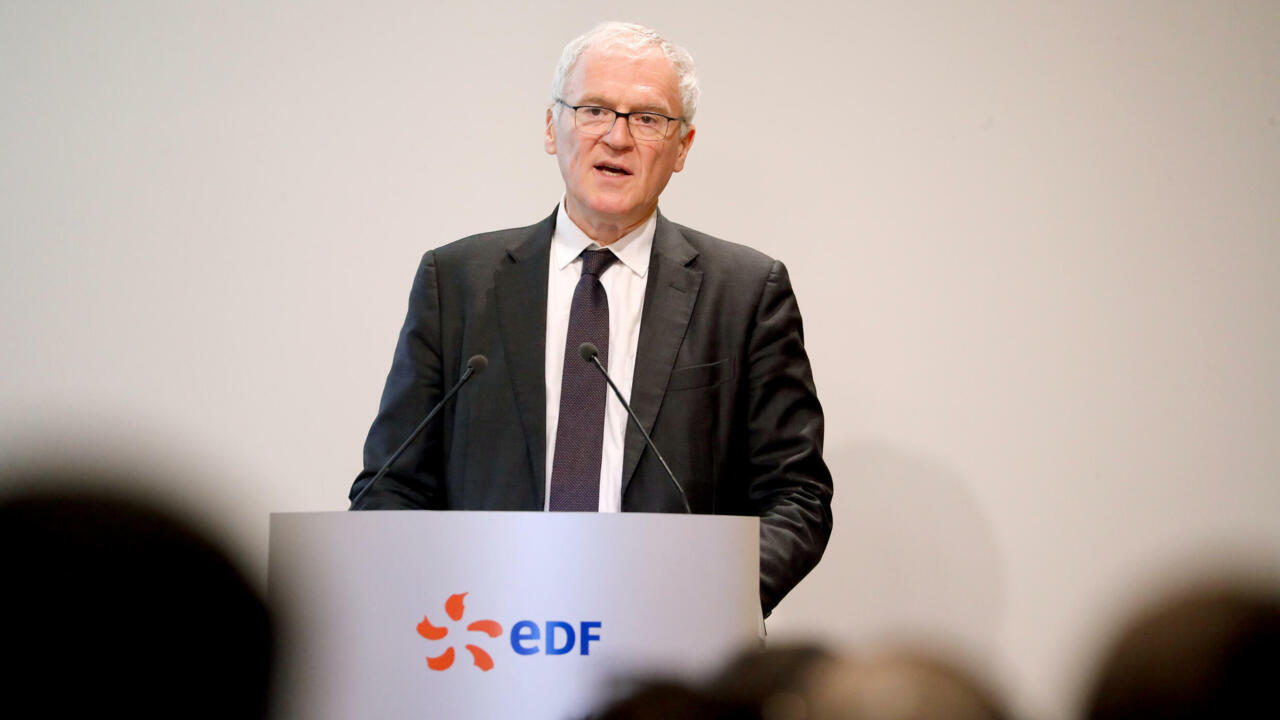Paris (AFP)
EDF regretted Thursday that the "essential" reform of the group could not lead immediately, fearing that its place in "first division" is threatened in the medium term against its competitors.
"We regret that this reform, which is essential for EDF, cannot be concluded now," its CEO Jean-Bernard Lévy told journalists during a conference call.
Government sources announced Wednesday that the EDF reform project - baptized "Hercules" then "Grand EDF" - will not come to fruition before the end of Emmanuel Macron's five-year term next year, a report put on the account of continuing disagreements with the European Commission.
This complex issue aroused strong political and trade union opposition in France.
"At this stage, the discussions have not succeeded" with Brussels and "it is not possible to have a bill in Parliament immediately," the government was told.
"The government recalled that a reform will be needed so that EDF can play its full role in the energy transition. We have continuously shared with the government the analysis of the situation and the conclusion that the government draws from it", added Mr. Lévy, whose group is majority owned by the state.
"The basic subject remains unresolved," he said.
"Our short term is assured; our medium and our long term are not if we want to play in the first division, which is still what is expected of EDF".
- dropout -
The boss of EDF had already expressed his fear of dropping out of the group, especially in the transition to green energies.
It is already lagging behind European competitors such as the Italian Enel or the Spanish Iberdrola, while the oil companies (BP, Shell or TotalEnergies) are now investing their large resources in solar or wind power.
In the eyes of the executive and management of EDF, the idea was to allow EDF, heavily indebted, to be able to invest in renewables while renovating its nuclear fleet.
In particular, the selling price of EDF's nuclear electricity to its competitors had to be raised.
The group must currently sell this electricity at a fixed and rather cheap price, as part of a mechanism called Arenh (for "regulated access to historic nuclear electricity"), regularly criticized by the management of EDF.
# photo1
But this reform requires the agreement of the European Commission, guardian of competition in Europe.
Discussions between Paris and Brussels, long and complex, were difficult despite progress.
This project would have resulted in an in-depth reorganization of the company, with the possible creation of three entities, causing the unions to fear a break-up of the group.
The CGT therefore welcomed a "great and great victory".
On the Stock Exchange side, the EDF share lost on the other hand 2.17% to 10.60 euros Thursday morning around 9:45 am, in a market up 0.80%.
The postponement of a possible reform somewhat eclipsed the publication of EDF's financial results, which were on the rise.
The group thus returned to the green in the first half, with a net profit of 4.172 billion euros, against a loss of 701 million a year earlier.
Its Ebtida (gross operating surplus) is up 29.3% to 10.6 billion, thanks to "an increase in nuclear production in France and a colder climate in a context of rising electricity prices and gas ".
EDF emphasizes that this EBITDA also climbs by 26.8% compared to the first half of 2019, which had not been affected by the Covid crisis.
Its financial objectives for the year had recently been raised, in the wake of its forecast for nuclear production in France.
© 2021 AFP

